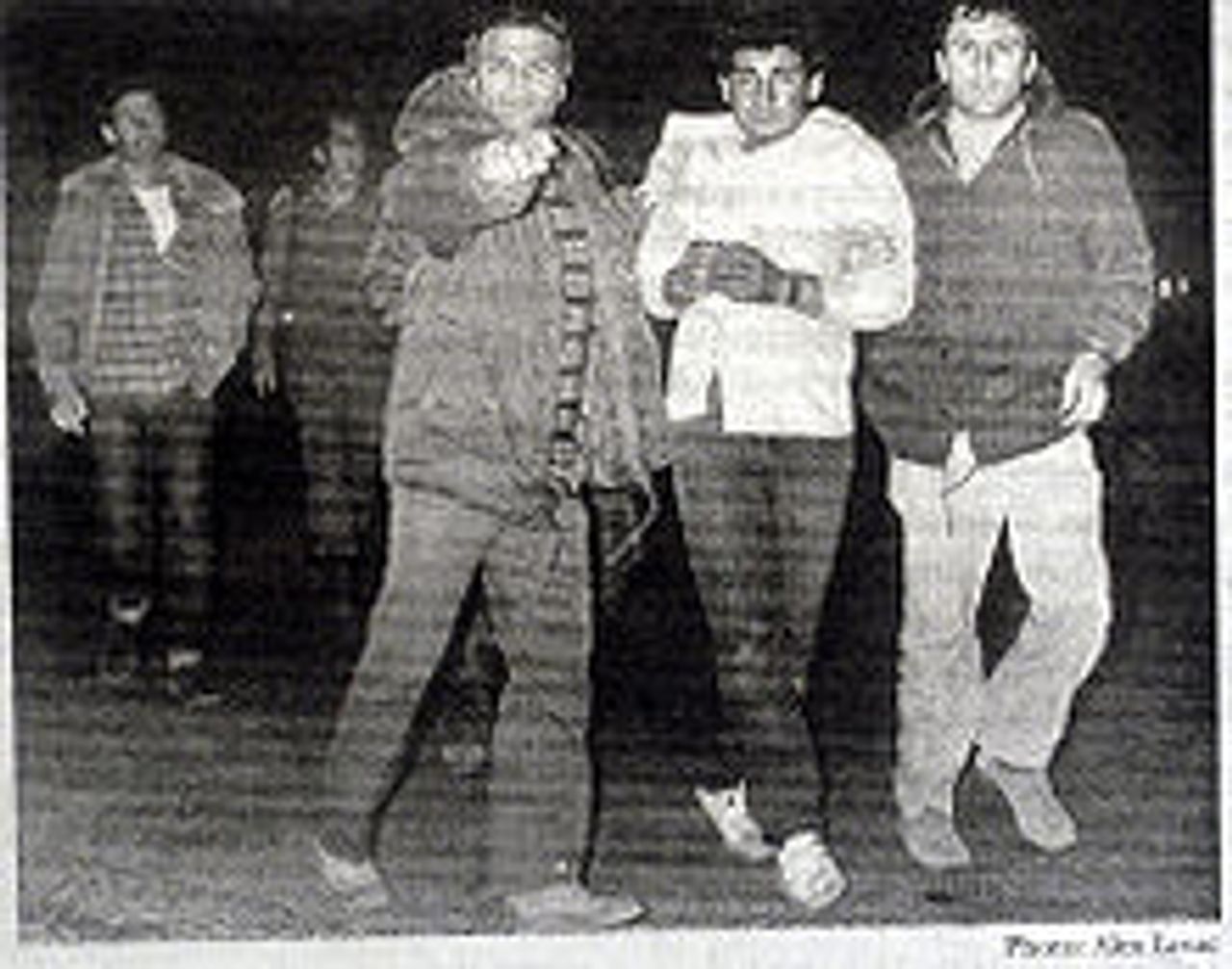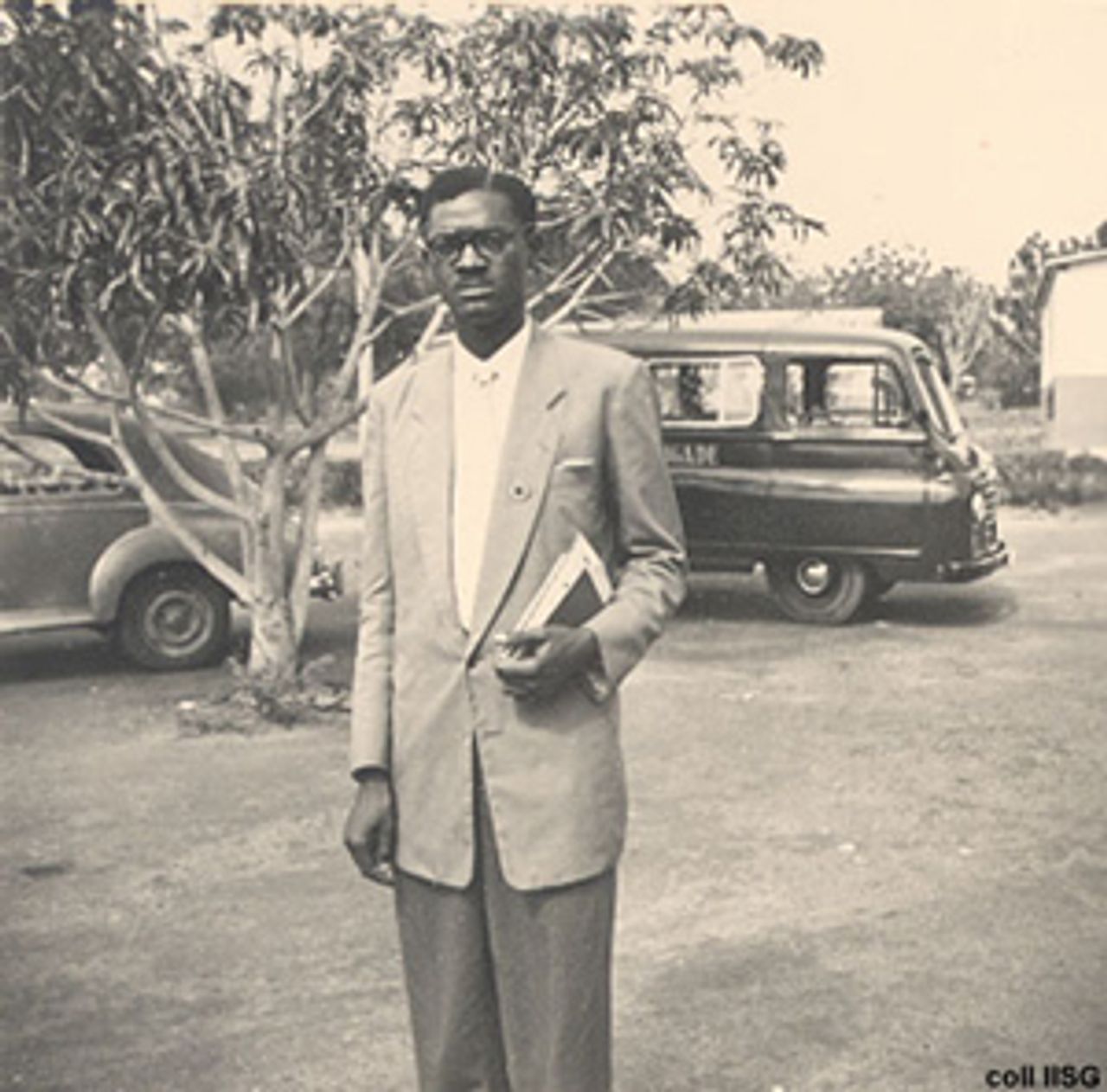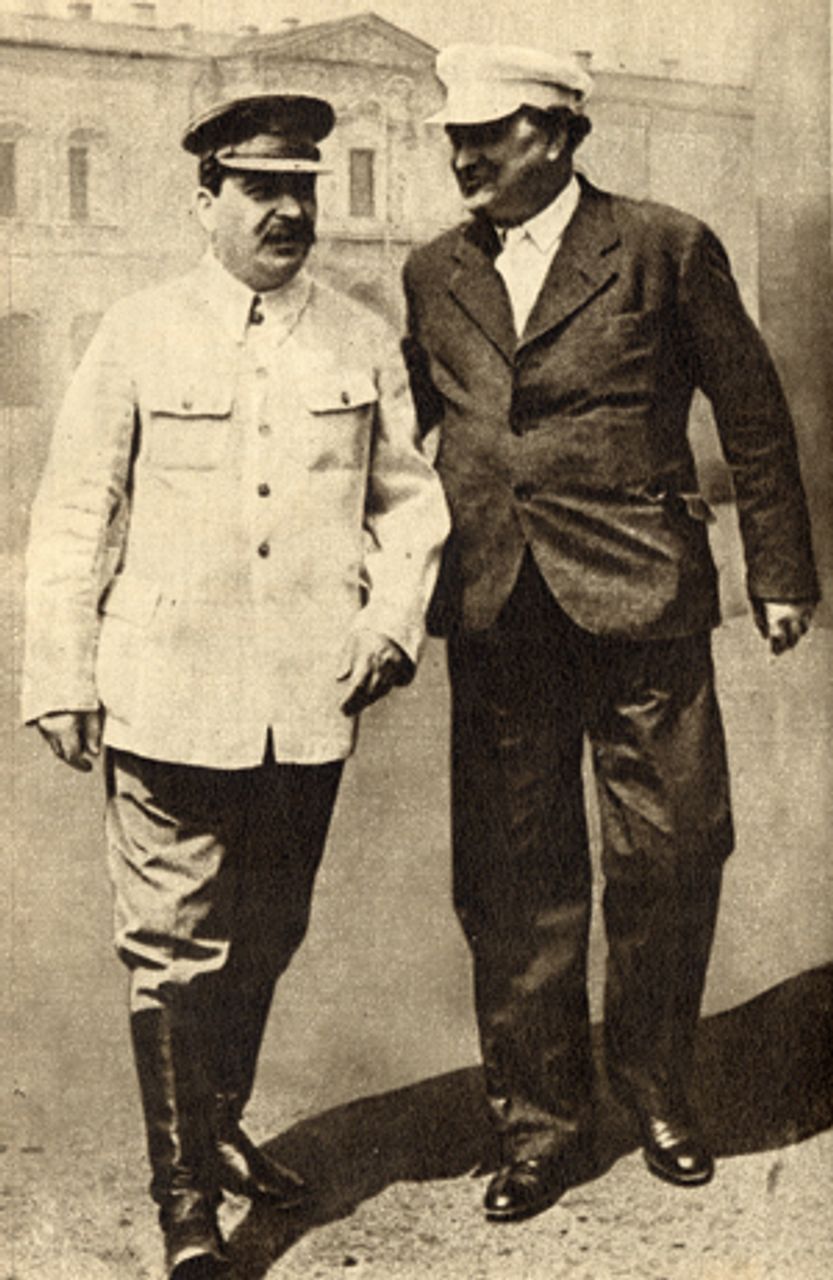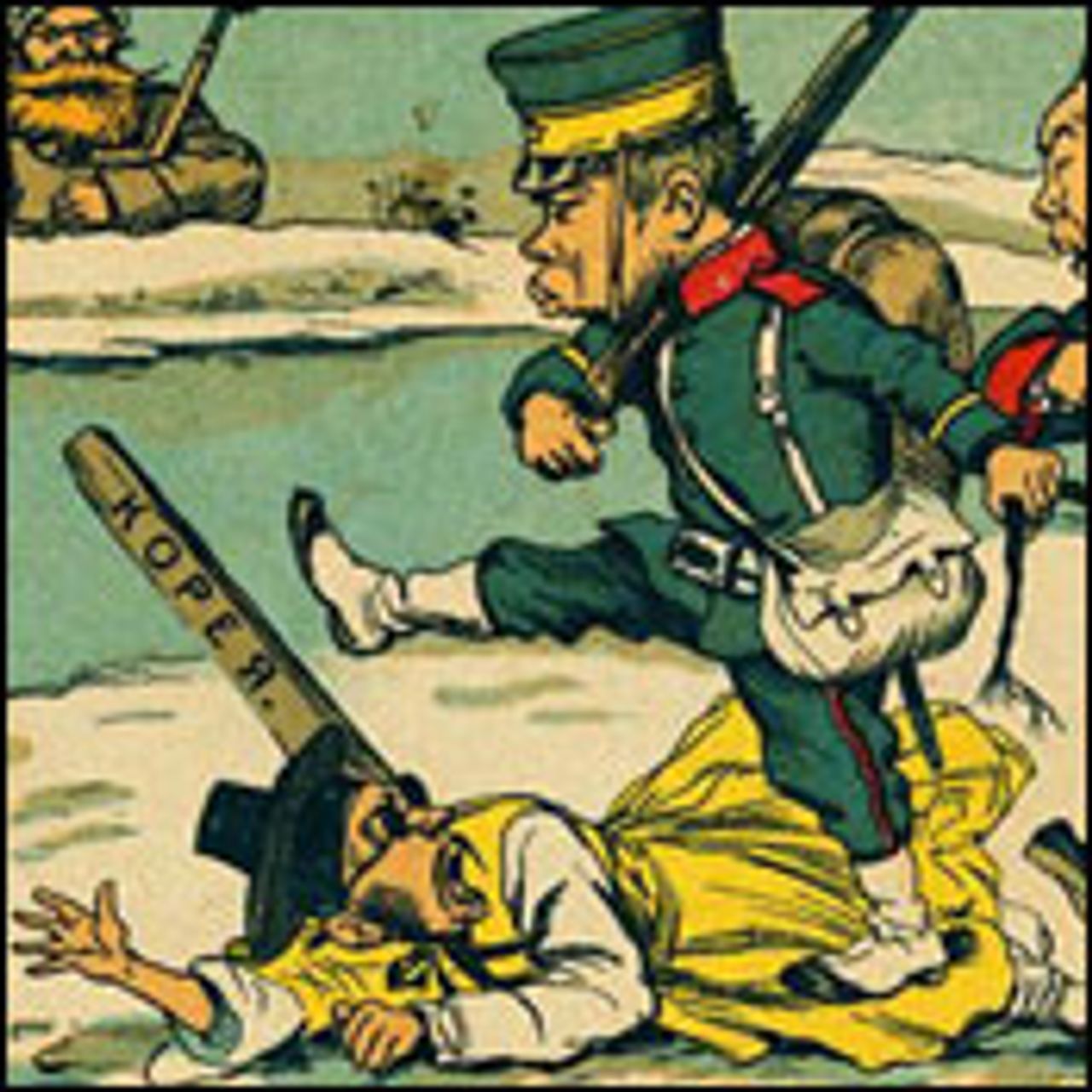This Week in History provides brief synopses of important historical events whose anniversaries fall this week.
25 Years Ago | 50 Years Ago | 75 Years Ago | 100 Years Ago
25 years ago: Israel whitewashes beating death of two Palestinians
 Majdi Abu Jumma, age 18, after being
Majdi Abu Jumma, age 18, after beingarrested and shortly before being beaten
to death.
On August 8, 1985, Brigadier General Yitzhak Mordechai was acquitted by an Israeli court in the killing of two Palestinian youths. The two were beaten and kicked to death by Israeli soldiers and security personnel after the bus they had hijacked on April 12, 1984, south of Tel Aviv was stopped and a highly-publicized standoff ensued. Two other hijackers were shot and killed in the operation, which also resulted in the death of an Israeli soldier and a civilian. In further retaliation for the hijacking, the Israel Defense Forces (IDF) destroyed the homes of family and relatives of the killed Palestinians.
Also present at the arrest of the surviving hijackers were Minister of Defense Moshe Arens, Chief of Staff Moshe Levi, and domestic security chief Avraham Shalom. A security agent later proudly confirmed that he smashed the skulls of the badly beaten prisoners on orders of Shalom, who subsequently indicated that Prime Minister Yitzhak Shamir had approved the killings. Shimon Peres, who succeeded Shamir as PM, covered up the killings by firing security personnel who came forward to implicate Shalom.
The cover-up began at the time of the brutal killings, when the IDF reported that the two “died on the way to the hospital.” This was proven false, however, after word that photographs of the two being hauled away in handcuffs and in good health was in the possession of the newspaper Hadashot. Israel had censored the photos’ publication.
50 years ago: Eisenhower orders Lumumba “eliminated”
 Patrice Lumumba
Patrice LumumbaIn an August 18 meeting of the National Security Council, US President Dwight Eisenhower told Central Intelligence Agency (CIA) chief Allen Dulles that Patrice Lumumba, the recently elected premier of the newly-independent Republic of the Congo, must be “eliminated” so that the Congo would not become “another Cuba.”
This information did not come to light until 2001. It had been revealed to a US Senate Committee by Robert Johnson, who took notes at the meeting. “There was a stunned silence for about 15 seconds, and the meeting continued,” Johnson recalled in secret testimony given to the Church Committee in 1975. The CIA first followed through on the Eisenhower order with an attempt to poison Lumumba. Assassination plans were also afoot in the capital of the old colonial master, Belgium.
After the nationalist Lumumba won election in late June 1960, Washington and Brussels immediately set about to destabilize and topple the government. The army soon revolted, and mineral-rich Katanga province seceded. Lumumba responded by appealing for aid to the Soviet Union. (See “The unquiet death of Patrice Lumumba”)
75 years ago: Dimitrov elected head of Comintern
 Dimitrov and Stalin in 1936
Dimitrov and Stalin in 1936On August 21, 1935, Georgi Dimitrov (1882-1949) was elected general secretary of the Comintern at the Seventh Congress of the Stalinist-controlled organization. A long-time member of the Bulgarian Communist Party, Dimitrov had been a member of the executive committee of the Comintern since 1921.
In 1933, Dimitrov had been arrested and prosecuted in the notorious Leipzig Trial, a frame-up in which a number of Communist Party members were accused by the Nazis of setting the Reichstag Fire. The trial drew international attention, and Dimitrov was ultimately acquitted of the charges against him.
After his election as general secretary, Dimitrov outlined the Stalinist policy of the Popular Front in his address before the delegates. The policy called for the communist parties in Europe to form alliances with bourgeois parties, allegedly to defend bourgeois democracy against fascism, actually to suppress any independent revolutionary struggle of the working class against capitalism.
Dimitrov, a part of the inner circle of Stalinist functionaries, remained leader of the Comintern during the period of its greatest betrayals of Marxism and the working class, including the Great Purge of 1936-38 and the relentless assault against Leon Trotsky and his supporters. Trotsky wrote of Dimitrov in 1937, “The famous Dimitrov is as ignorant and commonplace as a shopkeeper over a mug of beer.”
100 years ago: Japan completes annexation of Korea
 Cartoon depicting Japanese
Cartoon depicting Japaneseannexation of Korea
On August 22, 1910, Japan formally annexed all of Korea, taking full control over all of its affairs, domestic and foreign, and declaring the emperor of Japan the sole sovereign of the peninsula.
It was the culmination of four decades of machinations by Tokyo against Korea that began with the Meiji restoration in Japan. In the late 19th Century, Japan gradually eroded Chinese suzerainty over Korea, ending it finally with victory in the first Sino-Japanese war of 1894. This was followed by Japan’s victory over Russia in the Russo-Japanese War of 1904-1905, which resulted in the declaration of Korea as a Japanese protectorate.
The “treaty” between Korea and Japan stated, “In order to maintain peace and stability in Korea” and to “ensure the safety and repose of foreign residents…His Majesty the Emperor of Korea makes the complete and permanent cession to His Majesty the Emperor of Japan of all rights of sovereignty over the whole of Korea.”
Japan’s growing assertiveness in East Asia had established it as a regional power and brought it to conflict with the Great Powers for influence in China, including the UK, Germany, France, Russia, and another new power in the Pacific, the United States. In the Taft-Katsura agreement, concluded only weeks before the annexation, the US agreed to recognize Japanese mastery over Korea in turn for Tokyo’s recognition of US control over the Philippines.
